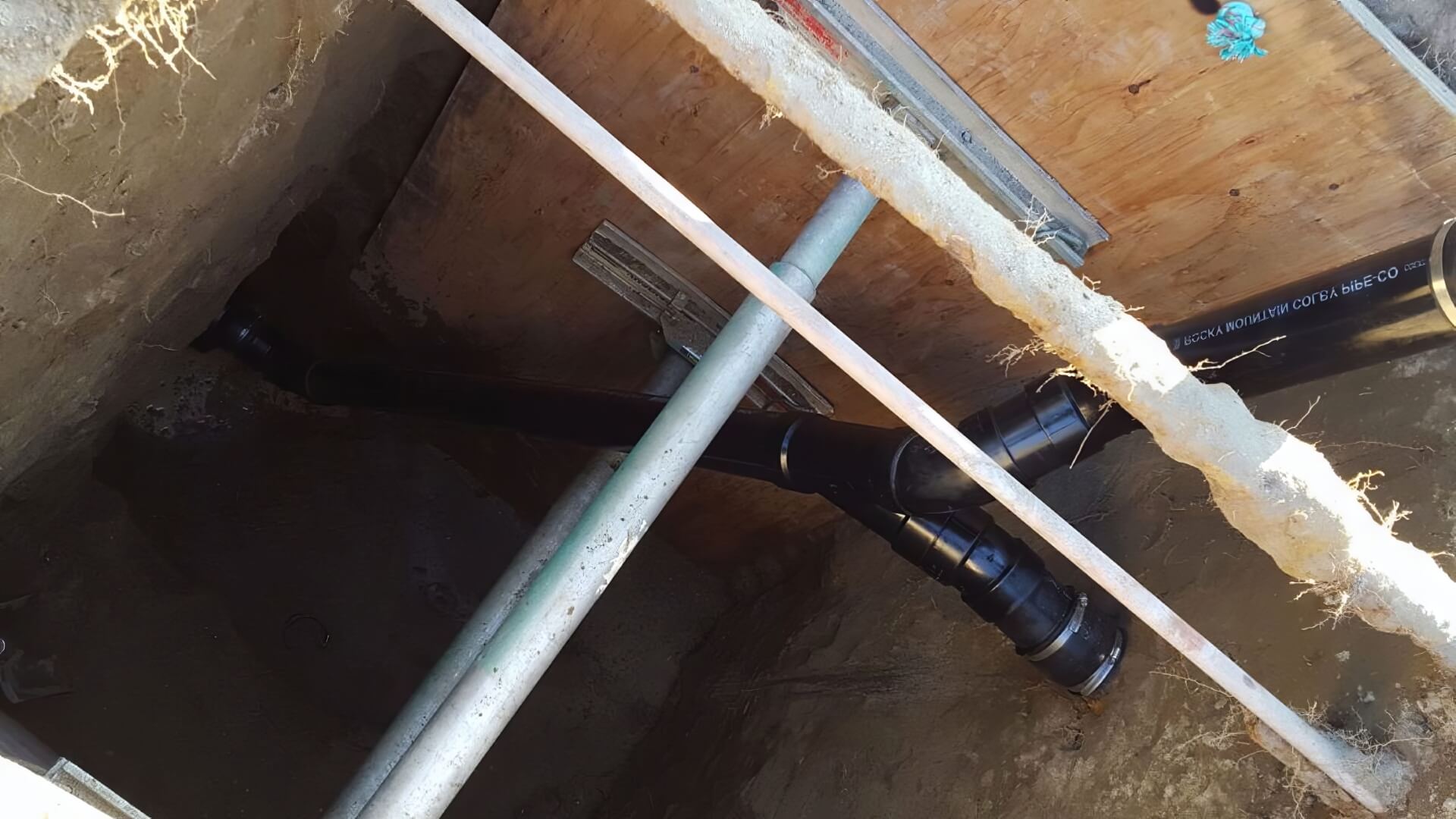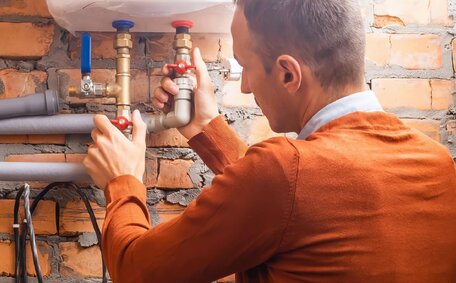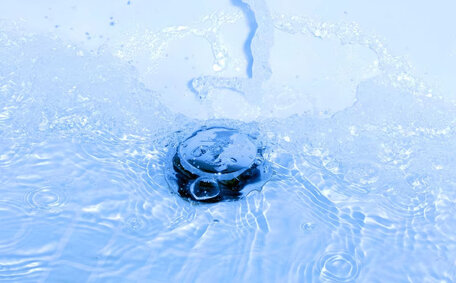Introduction to Smart Water Heaters
Smart water heaters offer unprecedented connectivity and control, greatly reducing energy costs. These devices, especially heat pump models, link with home automation systems for remote management via smartphone apps or voice commands.
Ryde residents seeking lower energy bills and smart home upgrades will find pump hot water systems a cost-effective and convenient choice.
Heat pump water heaters are distinguished by their incredible efficiency as they extract latent heat from the ambient air, offering significant energy savings. Heat pump technology can produce up to three times more hot water per unit of electricity than conventional electric heaters, showcasing their superior efficiency.
Integrating your smart water heater with other devices enables precise temperature and schedule management. Heaters that adapt to environmental changes suit Ryde’s climate by maintaining optimal temperatures year-round.
We’ll discuss smart water heating solutions for various homes, connectivity with platforms like Google Assistant, energy-saving benefits, and seamless integration into your living space.
Understanding Compatibility Requirements
Before connecting a smart water heater to your new home’s automation system, it’s crucial to assess compatibility with your existing hot water setup. There are several key factors to consider:
Water Heater Type
Your water heater type, whether electric, gas, or other, determines available smart integration options. Although designed primarily for electric systems, smart features are also accessible for other heater types, including gas models.
Electrical Wiring and Plumbing Fittings
Your residence must have suitable wiring and plumbing to accommodate water tanks for the heating system. Electric hot water heat pump systems and storage tank models require a robust electrical supply to function properly.
Gas solar hot water systems need specific smart switch connectivity and gas supply arrangements; local gas fitting services can guide the installation process.
Age of Existing System
If your heat pump hot water system is close to its end-of-life, choosing a smart upgrade could be more beneficial than repairing or replacing the old system. We can inspect and advise whether integrating a new pump hot water system into your home’s existing setup is feasible.
This assessment determines your home’s readiness for a smart water heater system, facilitating an effortless upgrade. Once confident your system requirements are met, we can explore suitable options to enhance efficiency, connectivity and control over your hot water usage.
Connecting to WiFi and Smart Home Platforms
In order to control and monitor your smart water heater remotely, it will need to be connected to your home’s WiFi network. Most models come with a built-in WiFi module or have the option to add one, turning your water heater smart.
Here is the step-by-step process for connecting your smart hot water system to WiFi:
- Locate the WiFi setup button on the display panel or main controller box of your smart water heater.
- Hold the WiFi button down for several seconds until the unit enters pairing mode. A blinking light or display message often indicates the pairing mode.
- Open the accompanying app on your smartphone or tablet that controls your specific model’s settings. If you don’t already have the app, you will need to download it from the App Store (iPhone) or Google Play Store (Android). Brands will have their own apps.
- In the app, go to the WiFi setup menu. It will search for and display any available WiFi networks nearby for you to choose from.
- Select your home WiFi network and enter the password when prompted.
- After several minutes, a steady Wi-Fi light or confirmation signal will confirm successful network pairing.
Once connected to WiFi, you can tailor your smart heater settings for precise interaction with smart home platforms like Google Assistant and Samsung SmartThings. You can then use these platforms to access controls and data for your smart water heating system through a central dashboard or via voice commands.
Key abilities unlocked by smart water heater connectivity typically include strategies to reduce your overall usage:
- Remote scheduling and control of availability, temperature, and operating modes.
- Monitoring of energy consumption can give you insights through real-time statistics
- Notifications and alerts for temperature and faults
- Features for optimising efficiency
WiFi connectivity unlocks the full potential of modern water heaters, ensuring efficient operation and convenience every day. Our specialists can assist in managing your energy needs by connecting your smart hot water system with other devices, offering guidance on app features to meet your domestic objectives.
Maximizing Efficiency With Usage Monitoring
Smart water heaters enhance efficiency by modulating hot water use and allowing for close monitoring and adjustment of usage patterns. WiFi-enabled models provide real-time tracking of a household’s water heating requirements, translating insights into actionable data.
Unlike traditional systems that continuously heat the tank, smart heaters adapt to usage patterns, providing hot water efficiently and preventing unexpected shortages. This approach meets peak demand times efficiently, avoiding energy waste by not maintaining hot water when idle.
The system uses detailed data on hot water usage to switch off when minimum heating requirements are met, thus optimising operating modes and temperatures. Schedules can be set based on the electricity tariff, to turn the water heater off during peak solar power generation times when sunlight is abundant, or during off-peak night times when electricity rates are typically lower.
Rising Ryde summer temperatures mean that solar thermal energy alone can sufficiently boost a heat pump hot water system, capturing free heat from the air. Smart logic, augmented by boosted solar capabilities, adept at both heating cooling transitions, lessens the need for electrical backup, conserving more energy while passively supplying a household’s hot water needs.
Reviewing hot water energy statistics via a smart app lets Ryde homeowners witness the results of their conservation measures and uncover additional cost-saving strategies. Remote control of water heating allows for small habitual changes that accumulate over time, resulting in significant savings.
Advanced Features and Benefits
Advanced smart water heaters using heat pump technology integrate smoothly with solar solutions, ensuring a continuous hot water supply and incorporating standout features:
Leak Detection
Leak detection in smart water heaters actively monitors for issues and sends alerts, preventing severe water damage and ensuring homeowner reassurance.
Usage-Adapting Logic
High-star-rating smart water heaters can self-adjust to your household’s hot water needs, flawlessly integrating with solar systems for energy-efficient performance. Advanced units have the ability to learn usage patterns and automatically fine-tune heating schedules/temperatures for optimised convenience.
Maintenance Notifications
Smart analytics predict maintenance needs by tracking performance indicators. Alerts on limescale buildup, unusual energy spikes that indicate issues, and other actionable data help sustain efficiency.
Solar PV System Integration
Certain top-tier smart water heaters can connect to solar hot water systems complemented by solar panels, utilising energy storage capabilities. These devices smartly utilise midday surplus solar energy, aligning with times of low hot water demand. This reduces wasted solar energy without overheating tanks.
Smart water heater functionalities maximise value from your hot water system upgrade, integrating convenience with energy savings. Our dedicated team stays informed on the latest developments to ascertain which premium features are valuable when you need expert guidance. Contact us to explore options that align intelligence and convenience with energy savings.
Installation and Maintenance Considerations
The installation or upgrade to a smart hot water system must be meticulously planned and conducted by licensed professionals. There are safety issues, complex wiring connections, and plumbing considerations involved with integrating these systems into a home.
New System Installation vs Retrofitting
For homes not already equipped with a hot water tank, installing a new smart electric hot water or heat pump water heater system is a straightforward process. In contrast, retrofitting and replacing older heaters with smart heat pumps can be more complex.
Our professional plumbers and electricians assess your current tank water setup to determine the feasibility of integrating smart capabilities. Factors like age of electrical wiring, tank and gas line compatibility must be evaluated before attaching new wifi controllers.
Installing extra insulation on electric lines, replacing outdated electrical boards, re-routing gas pipes or upgrading to sufficient amperage connections may be required to support advanced new heat pump or electric smart system enhancements.
Maintenance Needs
Self-monitoring heat pump water heaters generally need less manual maintenance than traditional systems, but regular check-ups remain vital.
Our technicians can remotely manage your water system, utilising advanced connectivity to reduce household water usage. But physical inspection for leaks, sediment buildup and anode rod corrosion still requires on-site servicing around every 5 years.
Smart analytics are so advanced, they predict maintenance requirements, preventing the inconvenience of ever having to run out hot water due to sudden malfunctions.notifications on unusual energy spikes, temperature fluctuations and other abnormalities let our team preventatively service rather than purely reactively repair problems.
Regular maintenance sustains efficiency and longevity of your household’s smart hot water investment. Ryde Plumbing has the expertise to safely handle all required upkeep.
If you have questions about the installation or maintenance of smart water heating systems, which may have higher initial costs but provide long-term savings, don’t hesitate to contact our team on 1300 349 338 or email us to discuss your needs.






